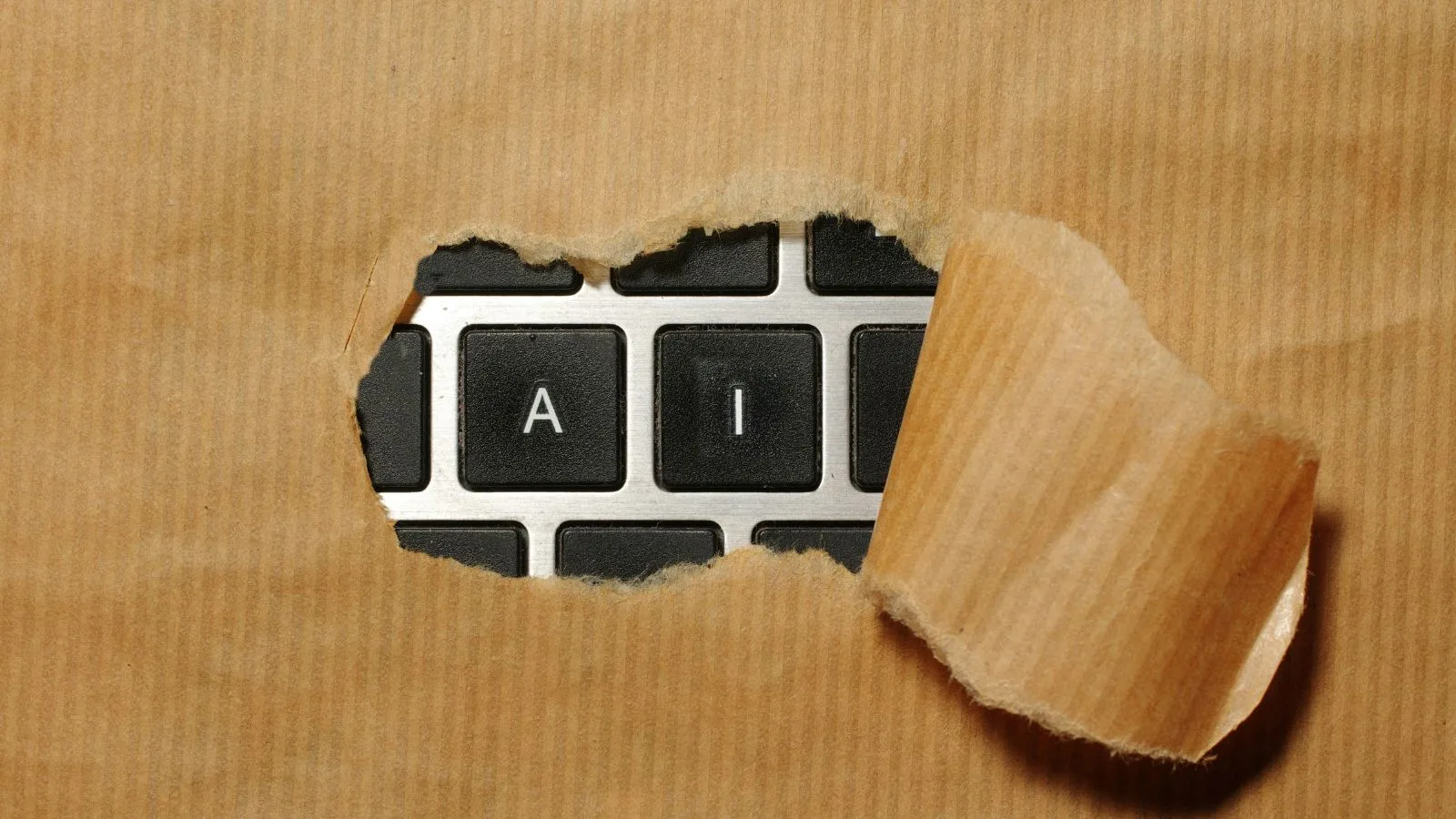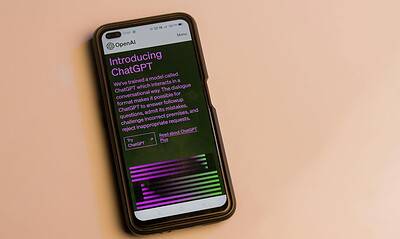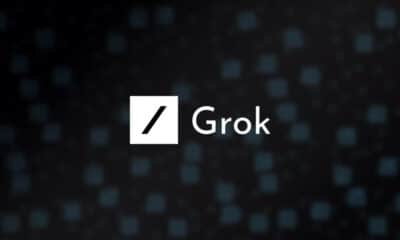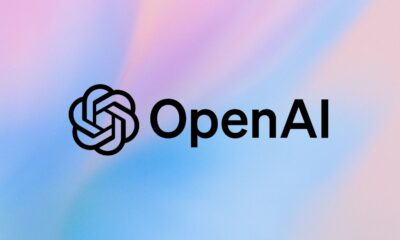AI
US Patent Office says AI can help invent, but can’t take credit
AI can brainstorm, analyze, and suggest ideas, but only a real human has to be the one who actually conceives the invention.

Just a heads up, if you buy something through our links, we may get a small share of the sale. It’s one of the ways we keep the lights on here. Click here for more.
For anyone hoping to see “ChatGPT, Inventor” stamped on a shiny new patent, the US government has stopped you right there, and gently slid over a reality check instead.
The US Patent and Trademark Office (USPTO) just updated its guidance on how generative AI fits into the invention process, and the message is pretty clear: AI can help you invent things, but it cannot legally be the inventor. It’s more lab assistant than mad scientist.
In a notice obtained by Reuters, USPTO Director John Squires explained that generative AI is now officially treated like any other tool in the invention toolkit, think microscopes, coding software, or that one research database you pretend to understand but mostly copy from.
AI can brainstorm, analyze, and suggest ideas, but at the end of the day, a real human has to be the one who actually conceives the invention.
According to the guidelines, AI systems may help generate concepts or designs, but they don’t get legal credit. Only natural persons, aka, actual humans, can be named as inventors.
This reinforces a previous ruling from the US Court of Appeals for the Federal Circuit, which firmly decided that AI doesn’t get its name on patents, no matter how clever it gets.
So while your AI might help you design a new drug, write code for a medical device, or dream up the next big hardware breakthrough, it still won’t be signing the paperwork. You will.
And no, adding a robot name just for vibes still doesn’t count.
What’s new here isn’t the rule itself. It’s the clarity. The USPTO made it clear that there won’t be a special “AI lane” for patent applications.
If you used AI while inventing something, your submission will be judged the same way as any other.
If multiple humans worked with AI on an invention, the usual joint inventorship rules apply, just like they would in any team project that somehow didn’t explode into chaos.
This update matters a lot for industries using AI in complex areas like drug discovery and advanced engineering.
It gives companies more confidence that AI-assisted breakthroughs can still get patent protection, as long as there’s a human brain behind the wheel, even if the AI was doing most of the heavy lifting.
So no, AI isn’t getting its own Nobel Prize or patent portfolio anytime soon.
But it is officially recognized as the world’s most overqualified assistant, and one that still can’t sign legal documents without a human babysitter.



























